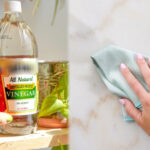Vinegar is a popular cleaning agent among many, often used to clean everything from cups and showerheads to windows and bathrooms.
However, vinegar is an acidic substance, and as such, it’s not suitable for cleaning everything, everywhere.
1. Granite and Marble Countertops

The acid in vinegar can corrode natural stone. Instead, use a mild dish soap diluted in warm water to clean these surfaces effectively while protecting the stone.
2. Stone Tile Floors
Just like kitchen countertops, natural stone in bathrooms doesn’t pair well with acidic cleaners like vinegar or lemon juice. Avoid using ammonia as well, and opt for cleaners specifically designed for your type of stone, or simply use dish soap and water.
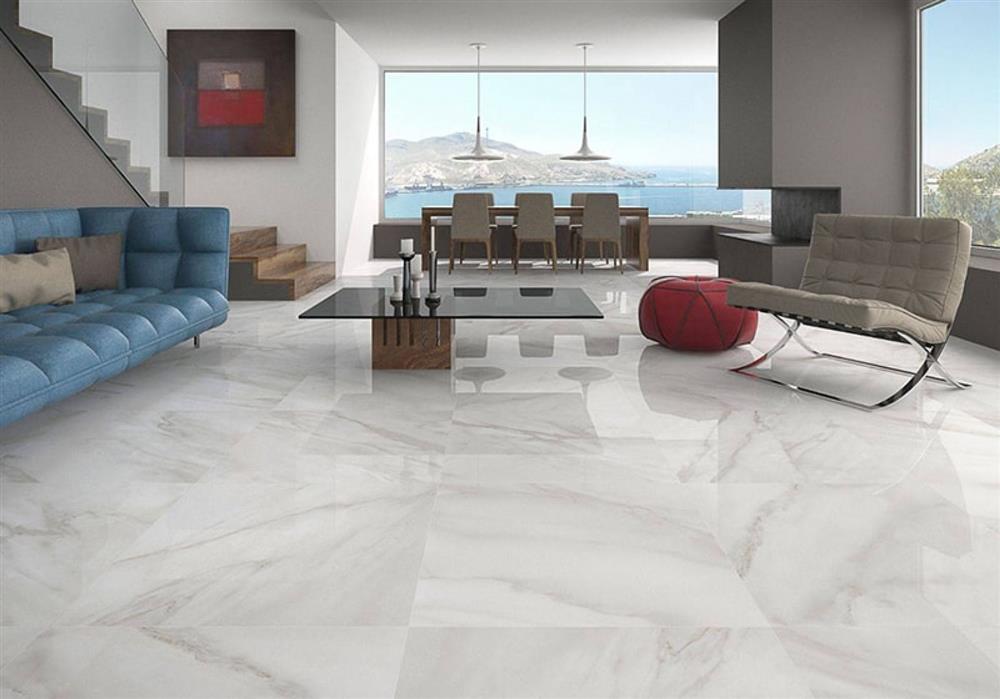
3. Egg Messes
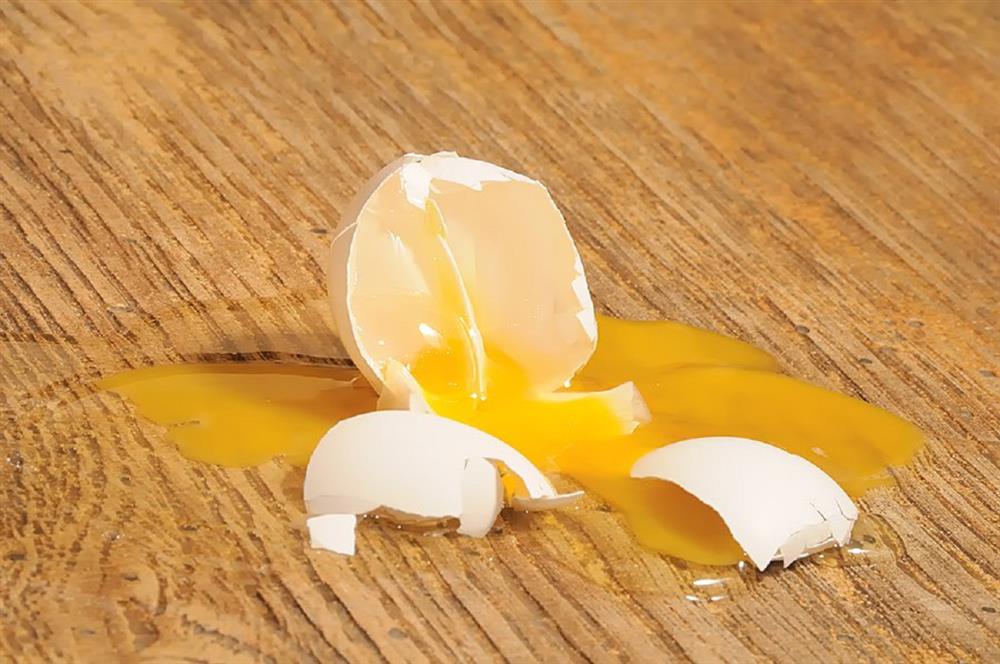
If you drop an egg on the floor, don’t reach for the vinegar. Remember the trick for boiling eggs with cracked shells? Rubbing lemon or vinegar on the egg prevents it from leaking out during boiling. The same thing happens when you use vinegar to clean up an egg mess—the egg will harden, making it even more difficult to clean.
4. Irons
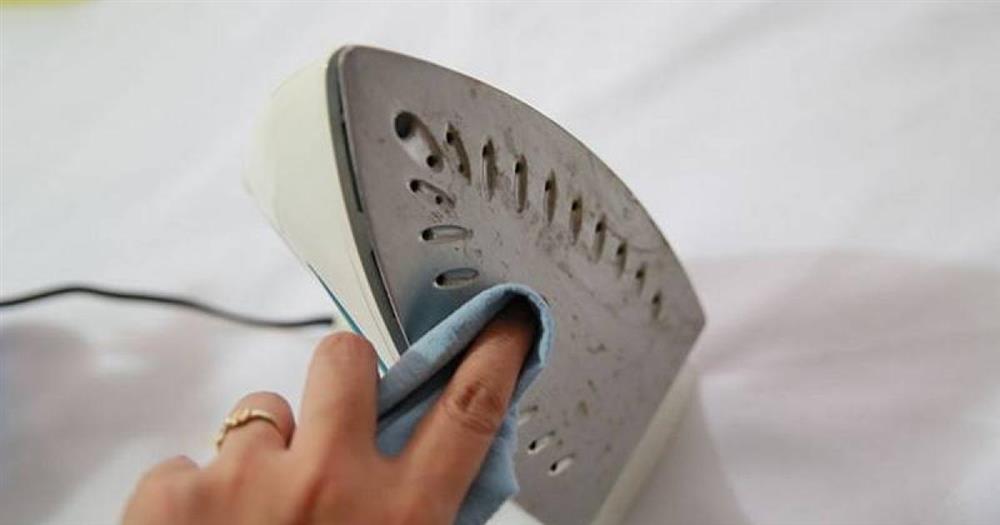
Vinegar can damage the internal components of your iron. Instead, follow the manufacturer’s instructions for cleaning and maintenance to keep your iron in good condition.
5. Wooden Floors
While some people use vinegar to clean their wooden floors, making them shinier, others have reported damage. If you want to try vinegar, be sure to dilute it with water and test it on a small, hidden area first before applying it to your entire floor.
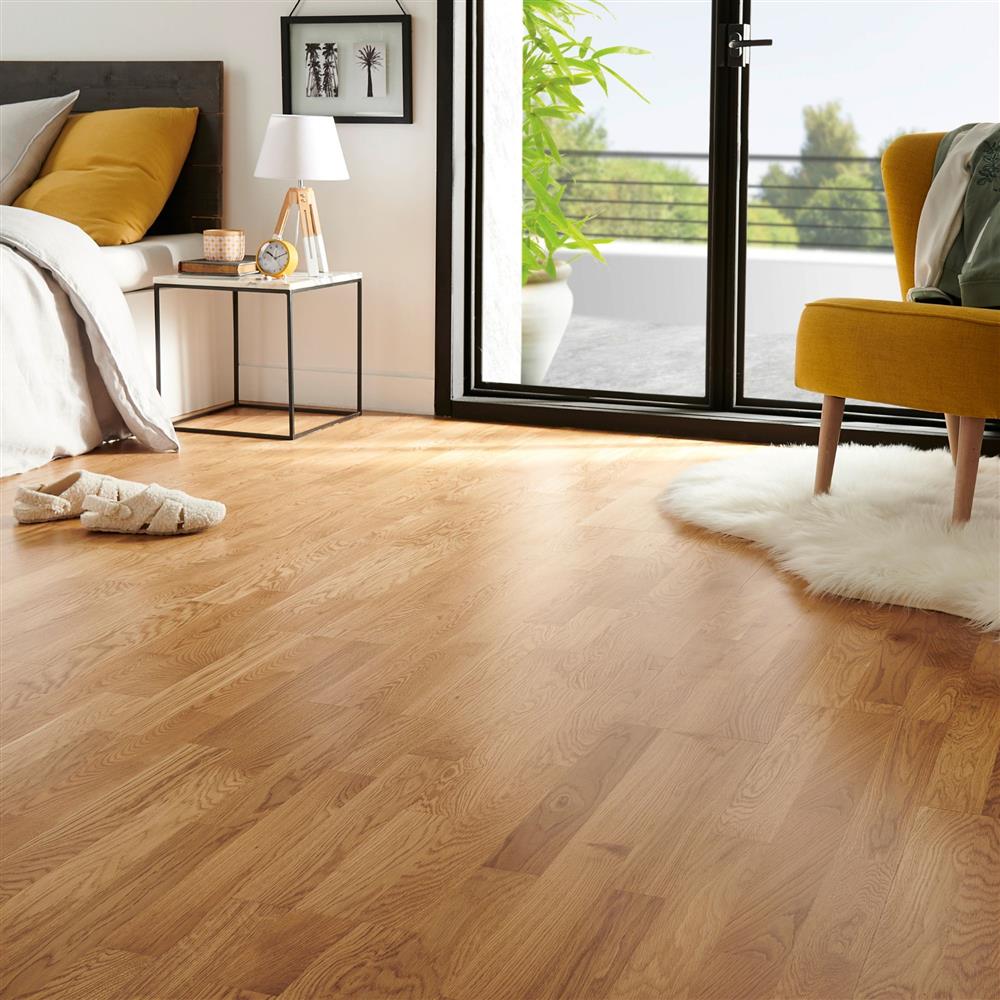
6. Stains on Clothing
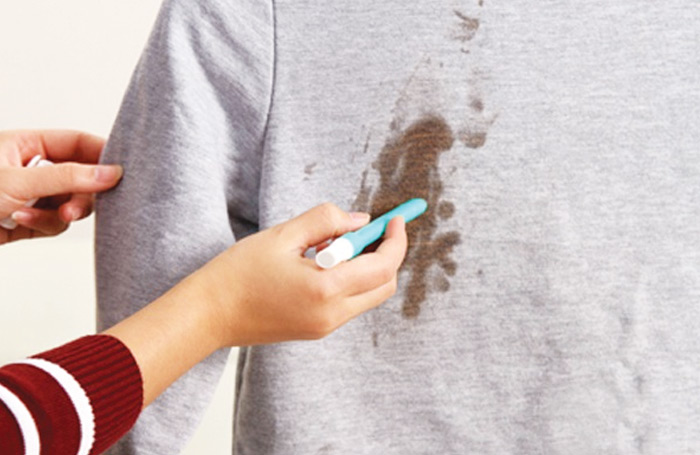
Vinegar is often used to remove stains like ink, blood, and cream from clothing, but it usually disappoints. These stains can only be significantly lightened if vinegar is applied immediately after the stain occurs. Once the stain has set, it’s best to use a specialized laundry stain remover.
7. Cast Iron Pans
Cast iron pans have a natural oil coating that enhances their non-stick properties. Using vinegar to clean cast iron can damage this coating and cause the pan to rust.
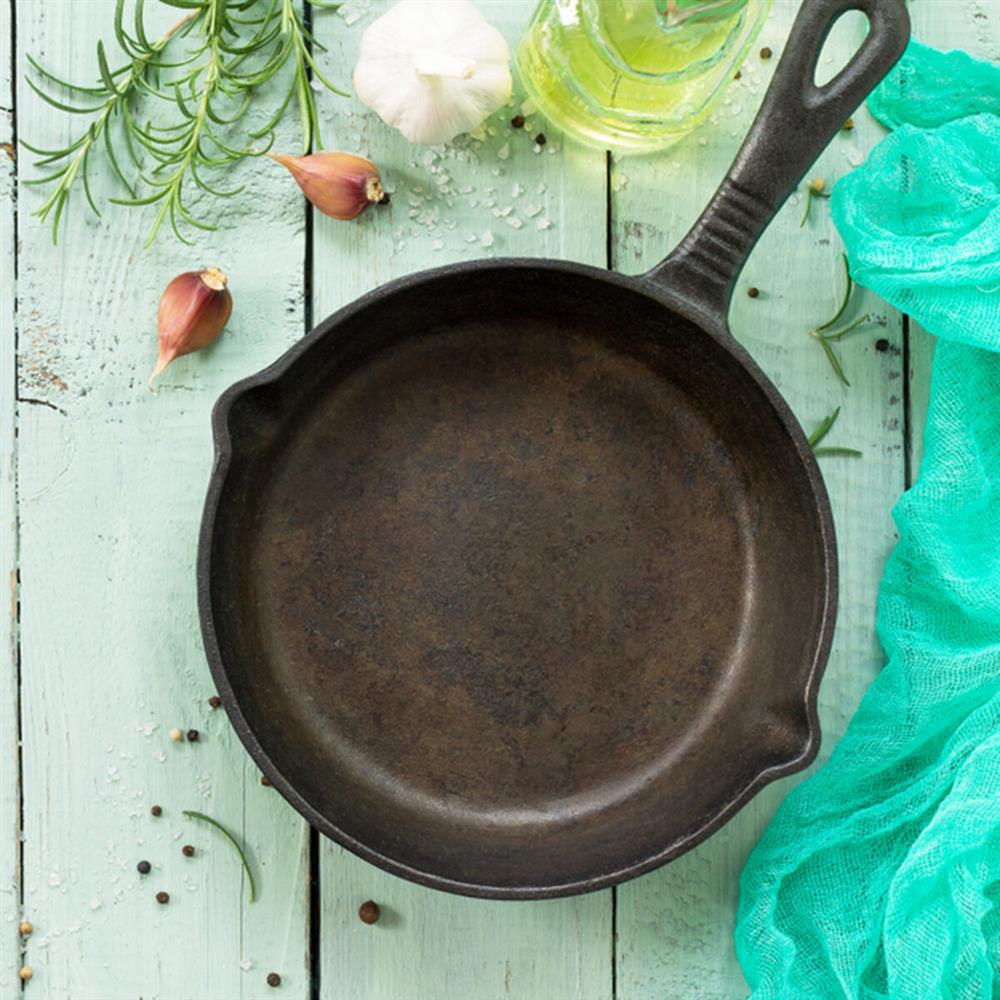
8. Electronics
Phones, tablets, and other electronic devices should not be cleaned with vinegar. Just a few drops of vinegar can ruin the oleophobic coating on your phone screen, which repels fingerprints and smudges.
To safely clean your phone, use a soft cloth with a small amount of warm water. If your phone has significant buildup, quickly wipe it down and then use a hairdryer on a low setting to ensure no water gets into the device. If you’re concerned, take it to a professional for an internal inspection.
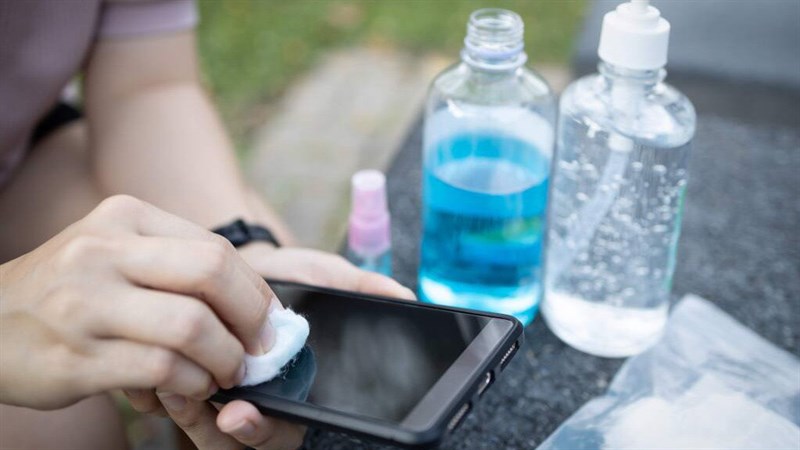
Other Notes on Using Vinegar for Cleaning
Vinegar is an effective cleaning agent due to its high acidity, but there are some important considerations:
– There are dozens of types of vinegar, but only white vinegar, made from acetic acid and water, is suitable for cleaning.
– Vinegar’s acidity can cause discoloration on certain fabrics, so always dilute it with water before use.
– While vinegar is a disinfectant, it is not a sterilizer. Do not rely on vinegar to eliminate harmful bacteria like salmonella.
– Natural cleaning solutions like lemon, vinegar, and baking soda can be safe and cost-effective alternatives to commercial products. However, it’s important to research the best cleaning methods for each item to avoid damage.
– When using commercial cleaning products like dish soap, laundry detergent, or bleach, always take safety precautions:
– Wear a mask, especially if you have respiratory issues like allergies, asthma, or sinus problems.
– Wear rubber gloves to protect your skin from dryness, cracking, and potential infection if your hands are cut or scraped.
According to


























